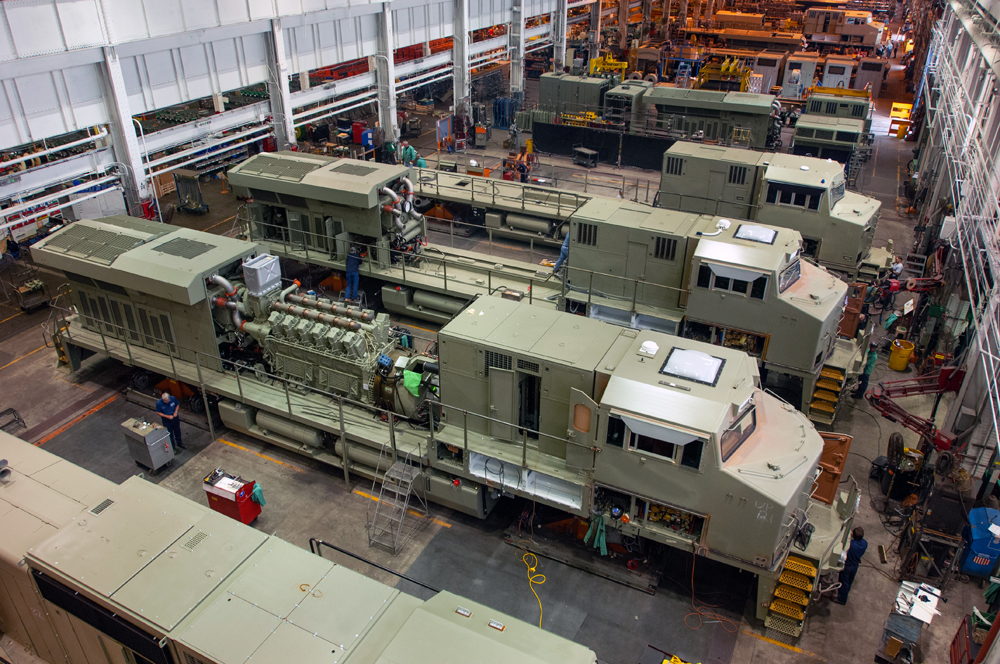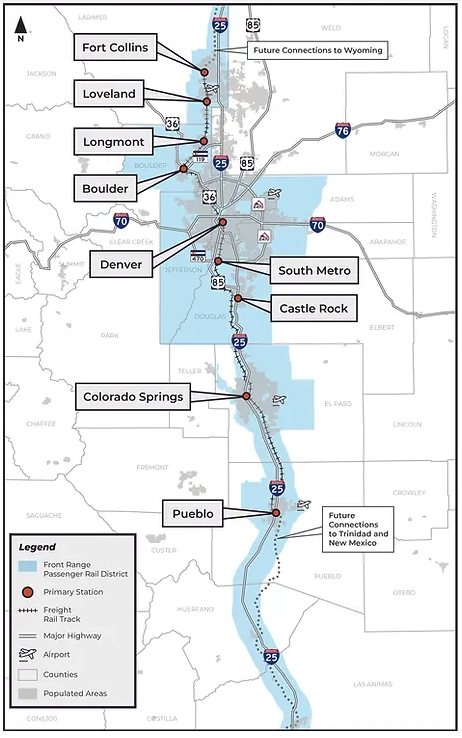
ERIE, Pa. — Members of the United Electrical, Radio and Machine Workers of America (UE) voted today to accept Wabtec’s latest offer, ending a 10-week strike at the company’s locomotive manufacturing plant in Erie.
Workers, who had walked out on June 22, ratified a four-year agreement including raises of 3.65%, 3%, 3.25%, and 3%, as well as a $1,500 lump sum upon ratification, the Erie Times-News reports. The new deal will also accelerate the pace of pay increases for new employees. The gap between new and legacy employees had been a sticking point in negotiations.
Scott Slawson, president of UE Local 506, said in a statement that the contract “represents a substantial improvement over what Wabtec had on the table in June. … As a result of the action taken by our members, we made both economic and non-economic games. The member has voted to ratify this agreement. It’s time to get back to work.”
The 1,400 union members will return to the plant on Sept. 5, YourErie.com reports.
“Wabtec is pleased the UE members ratified the collective bargaining agreement,” the company said in a statement. “We look forward to having our employees back, working on the innovative technologies that help drive our customers’ success, while also contributing to a cleaner planet. Together, we will continue to deliver on customer commitments.”
Settlement of the strike after 70 days ends concerns that Wabtec might opt to close the strike and move all locomotive production to its non-union facility in Fort Worth, Texas. Erie County Executive Breton Davis had said in a statement in mid-August that he had heard indications the company was considering such a move, and called for a new agreement that workers could vote on [see “County official says Wabtec may be preparing to close …,” Trains News Wire, Aug. 17, 2023]. A company spokesman, while not directly addressing Davis’ statement, called the Erie facility “a laggard in terms of cost and efficiency for years.”














The eternal struggle. In honor of the upcoming holiday, how about a rousing rendition of the old Woodie Guthrie song “Union Maid.” (“Oh you can’t hurt me I’m sticking with the union, I’m sticking with the union, ’till the day I die.”
I am pleased the workers are keeping their jobs and no more jobs [at least immediately] are being shifted to right-to-work-for-less Texas. Right-to-work-for-less states are the bane of workers and workers’ rights.